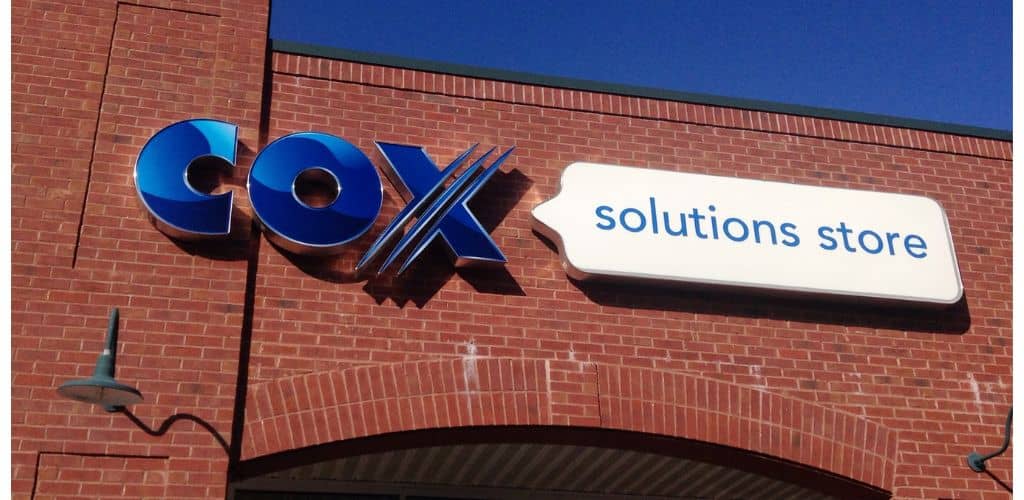The Fourth Circuit has overturned a $1 billion verdict in a copyright case against Cox Communications.
As the court explained,
Defendant Cox Communications sells internet, telephone, and cable television service to 6 million homes and businesses across the United States. Plaintiffs—Sony Music Entertainment and numerous other record companies and music publishers—own some of the most popular copyrighted musical works of our time. Some users of Cox’s internet service infringed Plaintiffs’ copyrights by downloading or distributing songs over the internet without permission. Rather than sue those individuals, Plaintiffs sued Cox, seeking to hold it responsible for its customers’ copyright infringement.
This lawsuit began when Sony and other owners of copyrighted musical works sued Cox for infringement committed by subscribers to Cox’s internet service from 2013 to 2014. During this period, Cox provided internet services to subscribers and charged flat fees for different download speeds.
The plaintiffs, who are members of the Recording Industry Association of America (RIAA), hired an anti-piracy company called MarkMonitor to search for infringements of its members’ copyrighted music on peer-to-peer networks using BitTorrent and other similar tools.
Cox had a thirteen-strike policy for its infringing customers, with penalties ranging from an email warning to a temporary suspension of their accounts.
As the court noted,
Federal law protects internet service providers from monetary liability for copyright infringement committed by users of their networks, but only if those service providers reasonably implement a policy to terminate repeat infringers in appropriate circumstances.
This “safe harbor” for internet service providers like Cox applies under the Digital Millennium Copyright Act (DMCA).
However, to be eligible for the safe-harbor defense under the DMCA, an internet service provider must have
adopted and reasonably implemented . . . a policy that provides for the termination in appropriate circumstances of subscribers and account holders of the service provider’s system or network who are repeat infringers.
In a prior case, the Fourth Circuit had held that Cox had failed to reasonably implement an adequate anti-piracy program and therefore did not qualify for the statutory safe harbor.
As the court noted,
[Cox] capped the number of notices it would accept from RIAA, eventually holding it at 600 notices per day. It took no action on the first DMCA complaint for each subscriber, limited the number of account suspensions per day, and restarted the strike count for subscribers once it terminated and reinstated them. MarkMonitor sent Cox 163,148 infringement notices during the claim period. Over that time, Cox terminated 32 subscribers for violation of its Acceptable Use Policy, which prohibits copyright infringement among other things. By comparison, it terminated over 600,000 subscribers for nonpayment over that same time. Frustrated with Cox’s lackluster response to the notices, Sony sued Cox for vicarious and contributory copyright infringement.
The case proceeded to a jury trial on two theories of secondary liability: vicarious and contributory copyright infringement.
The jury found Cox liable for both willful contributory and vicarious infringement of 10,017 copyrighted works owned by Plaintiffs and awarded $1 billion in statutory damages. Cox appealed.
The Fourth Circuit affirmed the jury’s finding of willful contributory infringement but reversed the finding of contributory infringement and remanded for a new trial on damages because the it found that Cox didn’t profit from its subscribers’ acts of infringement, which is a legal prerequisite for vicarious liability.
The court found that:
A defendant may be held vicariously liable for a third party’s copyright infringement if the defendant “[1] profits directly from the infringement and [2] has a right and ability to supervise the direct infringer.”
Cox argued that it didn’t profit directly from its subscribers’ infringement because all subscribers paid a flat monthly fee no matter what they did online and whether they used the internet for legal or illegal purposes.
The court agreed with Cox that
The continued payment of monthly fees for internet service, even by repeat infringers, was not a financial benefit flowing directly from the copyright infringement itself.
The court concluded that there was no reasonable inference that any Cox subscriber paid more for faster internet in order to engage in copyright infringement, and thus that Cox didn’t benefit from this illegal use of their service.
Just like the haiku above, we like to keep our posts short and sweet. Hopefully, you found this bite-sized information helpful. If you would like more information, please do not hesitate to contact us here.


